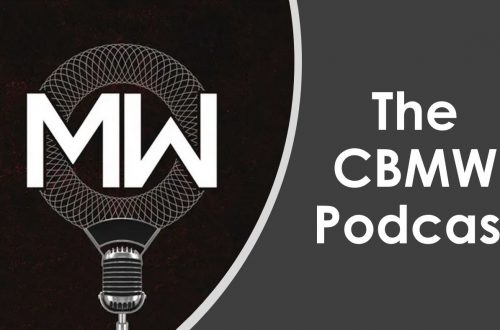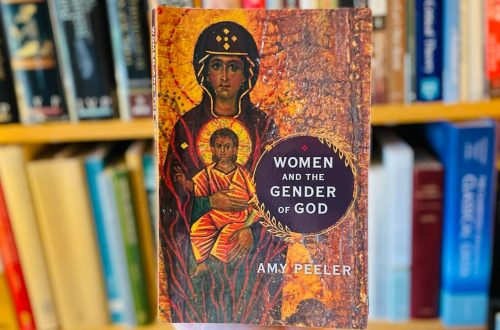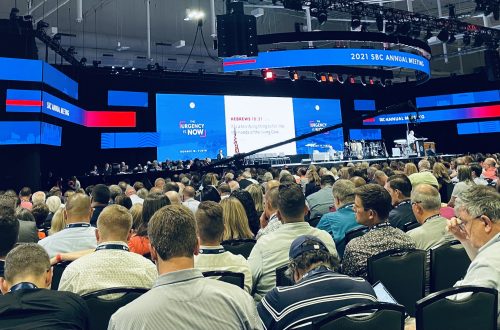I just finished a long and interesting Buzzfeed piece about Ellen Degeneres. There is much that I could comment on, but there is only one item I will highlight here. The author of the article writes this:
Yes, we all have a shared humanity. But there is so much more that we don’t share—race, education level, class, marital status, ability, gender identity, the list goes on—and those are the things that directly contribute to our ability to succeed and survive in this world.
I don’t know how else to read this except as a statement that what divides us is more significant than our shared humanity. Perhaps others read right over this without a second thought, but to me it stuck out as an example of the worst kind of identity-divisiveness that plagues our culture. Are we really going to quietly acquiesce to the notion that our social divisions are more fundamental than our humanity? And yet it is presented in this article as an afterthought so self-evident that it needs no justification or defense.
The Buzzfeed article does not mention “intersectionality” at any point, but I would argue that its influence is nevertheless there. I have written elsewhere that intersectionality is an intellectual framework that does more harm than good. As a theory, intersectionality fosters a truncated view of human identity and tends to exacerbate social divisions rather than healing them. And yet, it seems to be the assumed framework of so many influencers in our society. It creates a social dynamic that incentivizes grievance based on identity. In that way, it entrenches social divisions.
No one is immune from these divisions, even the publicly affable Ellen Degeneres. The hostilities simply find new targets—even targets that were formerly lauded as heroes to the progressive cause. I do not mean to defend Ellen, Kevin Hart, or anyone else in making this observation. I’m simply observing that the prevalent identity-based way of analyzing the human condition is going nowhere to heal the human condition. We are going to need something more than what is on offer by the politics of identity.
The church is supposed to be a counterculture of people from a wide array of social groups—groups that have found reconciliation and unity not on offer by the theorists of social division. This gospel unity bears witness to a world afflicted by constant and unrelenting division. The intersectional spirit of the age seems to incentivize such hostilities, but only the gospel can overcome them (Gal. 3:28). And that is the message that the world desperately needs to hear and to heed.



